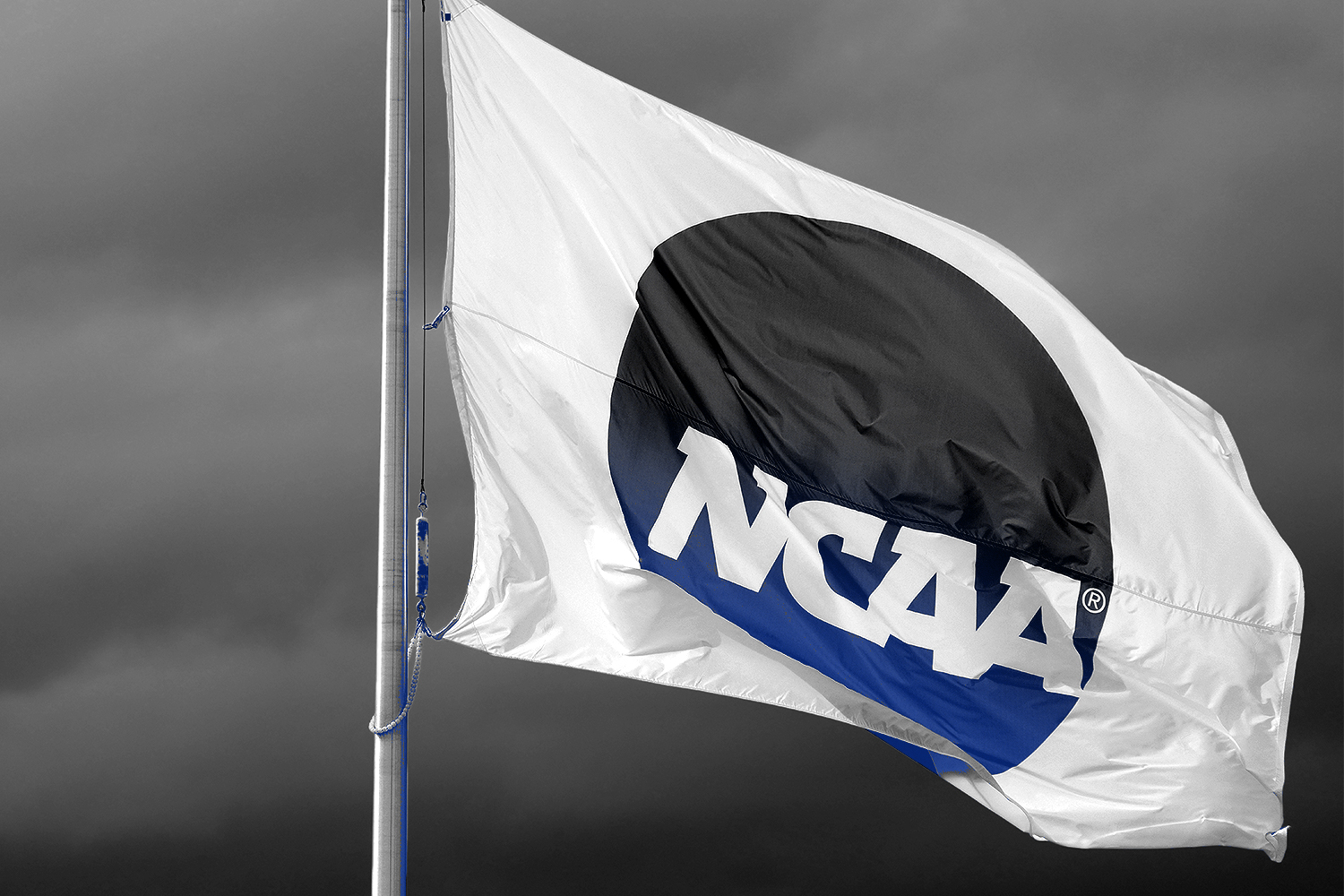Days after the Supreme Court’s unanimous ruling against the NCAA, the Division I Board of Directors is looking for a temporary fix with a short deadline.
July 1 — the date six states’ NIL laws go into effect — is approaching and the governing body doesn’t have rules in place.
To avoid further problems (and lawsuits), the NCAA has reportedly decided to create an “interim waiver” of its existing NIL rules, allowing collegiate athletes to monetize their image in legalized states under a set of guidelines.
According to a internal NCAA document obtained by CBS Sports:
- Schools shall post “written policy governing NIL” on their websites.
- Payments from boosters “in exchange for athletic performance or attendance” are prohibited.
- If a school’s policy conflicts with any state’s NIL bills, rules against cheating during recruitment “cease to be applicable.”
Basically, the NCAA is leaving the rules up to individual states, making no national standard in the recruiting process. That could give some schools and conferences a huge advantage, too.
The NCAA is weary of another lawsuit. Following the Alston ruling, Justice Brett Kavanaugh’s concurring opinion said that the NCAA’s “current compensation regime raises serious questions under the antitrust law.”
ESPN found that some athletes could earn as much as $1 million through social media, and athletes who compete in non-revenue sports could make between $1,000 and $3,000. The NCAA recorded $519 million in revenue last year.
The board is expected to approve the change by June 30, just one day before the July 1 start date, but it’s unclear how strict the NCAA’s guidance might be.




![[Subscription Customers Only] Jun 15, 2025; Seattle, Washington, USA; Botafogo owner John Textor inside the stadium before the match during a group stage match of the 2025 FIFA Club World Cup at Lumen Field.](https://frontofficesports.com/wp-content/uploads/2026/02/USATSI_26465842_168416386_lowres-scaled.jpg?quality=100&w=1024)
![[Subscription Customers Only] Jul 13, 2025; East Rutherford, New Jersey, USA; Chelsea FC midfielder Cole Palmer (10) celebrates winning the final of the 2025 FIFA Club World Cup at MetLife Stadium](https://frontofficesports.com/wp-content/uploads/2026/02/USATSI_26636703-scaled-e1770932227605.jpg?quality=100&w=1024)











